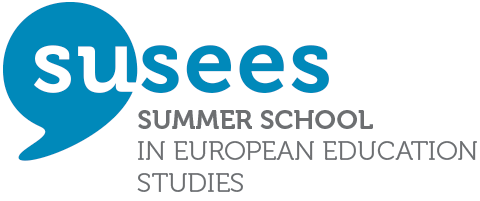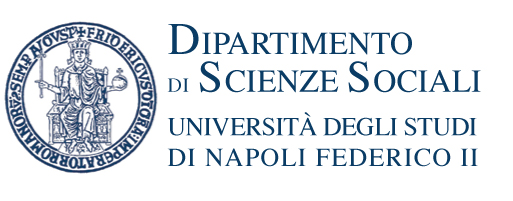Patricia Lorna Thomson
Description
The teaching activity will be divided into two blocks of 2 hours each. First, the issue of academic writing on European education is addresses, looking at the challenges that doctoral students are called to face with in thinking, researching and writing on such a topic.
Doctoral education is becoming a less elite practice. More, and more diverse people, are now undertaking doctoral research. Policy makers see the doctorate as needing to change, directed not to the provision of singular scholars able to make individual contributions within single disciplines in their national contexts. Rather, they advocate doctoral education which produces multi-skilled and mobile researchers able to work in teams, across disciplines, often on projects directed to major international social challenges in support of “the knowledge society”. It is hardly surprising then that, across Europe, doctoral education and early career support has become more networked and also more similar.
The doctoral thesis is also changing rapidly, with digital, artefact, portfolio and papers dissertations becoming as accepted as the monograph. While national scholarly publications are still important, young researchers now also have to write for multiple audiences and publics, across multiple platforms and media. The general press for academic publication as part of the development of comparable international measures of research quality plays out in the increasing dominance of English language journals and genres of scholarly writing. The increasing insecurity of academic employment, coupled with the rapidly changing publishing landscape, means that most doctoral and early career researchers need considerable support in order to extend and communicate their doctoral and postdoctoral research.
I offer a view of academic writing that is both sociological and practical and that addresses these challenges. Doctoral and early career researchers need to understand the emerging scholarly topography, engage in critical debates about its further development and to position themselves within it. They also need to know the possibilities for and requirements of academic publication and the various ways in which academic writing can be approached. This lecture and discussion brings together researchers from a wide range of experience and cultural contexts, to examine the ways in which the discourses of academic publication can be mediated and appropriated at the same time as high quality publications are produced.
The second 2 hours will be organised as a laboratory where SUSEES participants will be asked to present their reflections on the potential uses of the proposed theoretical resources in relation to their current research works (see Teaching Activity 8) and the lecturer will give feedback on this.
Key texts of the syllabus will be:
See blogs: patter on patthomson.net; doctoral writing SIG on doctoralwriting.wordpress.com; and explorations of style on explorationsofstyle.com
Curry, Mary Jane and Lillis, Theresa (2013) A scholar’s guide to getting published in English. Critical choices and practical strategies. New York: Multilingual Matters
Lillis, Theresa and Curry, Mary Jane (2010). Academic writing in a global context: The politics and practices of publishing in English. Abingdon: Routledge.
Thomson Pat and Kamler, Barbara (2013) Getting published. Writing for peer reviewed journals: Strategies for getting published. London: Routledge
Thomson, Pat and Kamler, Barbara ( 2016) Detox your writing. Strategies for doctoral researchers. London: Routledge
Impact
Emerging researchers are too rarely offered the opportunity to focus on the craft of writing; the written text is however the major means through which they will communicate their research and engage with other scholars and the wider public. This workshop goes beyond a tips and tricks approach or a technical emphasis – it uses a well-theorised pedagogy which allows participants to bring their own research and their own writing concerns together with real writing tasks. Students will be encouraged to discuss writing, to experience a range of diagnostic tools, and to experiment with different writing genres. Links to online and print resources which can be used in the future will be presented together with the opportunity for one to one tuition.


